Zelensky Accuses Russia of Stalling Peace Talks to Prolong War
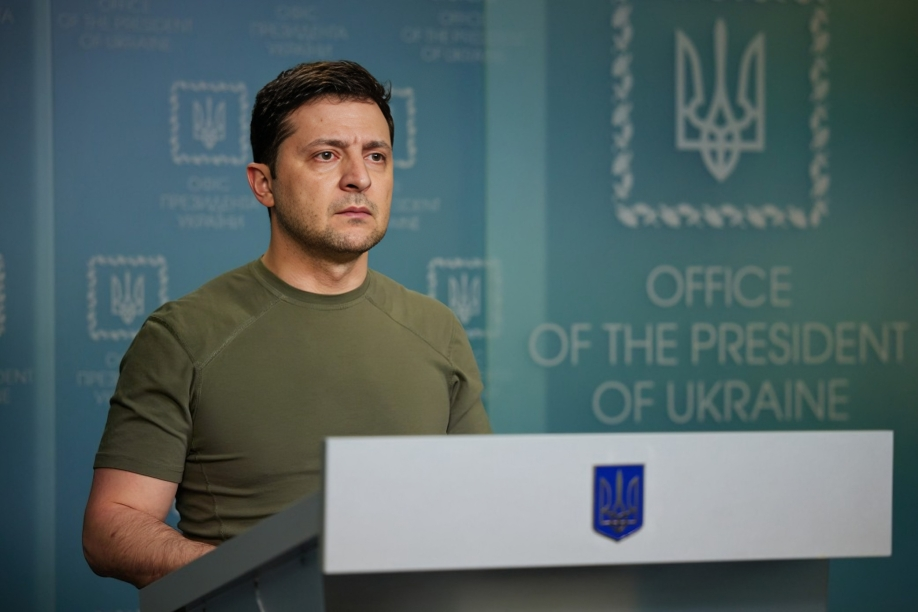
Ukrainian President Volodymyr Zelensky on Tuesday accused Russia of deliberately delaying peace negotiations in an attempt to prolong its three-year invasion of Ukraine. His remarks came as former U.S. President Donald Trump renewed his push for an immediate ceasefire.
Trump held separate phone conversations on Monday with both Zelensky and Russian President Vladimir Putin. This follows a rare in-person meeting between Russian and Ukrainian officials last Friday in Istanbul—their first direct talks in more than three years. However, the meeting yielded no agreement.
Zelensky criticized the outcome, saying Russia had sent "empty heads" to the negotiating table and accused Moscow of using the talks as a delaying tactic. "It is obvious that Russia is trying to buy time in order to continue its war and occupation," Zelensky wrote on social media.
While Trump portrayed his two-hour conversation with Putin—the third this year—as a breakthrough, Putin declined to agree to an immediate and unconditional ceasefire. Instead, he proposed working on a "memorandum" outlining different positions and a possible roadmap to peace.
Trump, who has pledged to resolve the Ukraine conflict within 24 hours if re-elected, is seeking a diplomatic win. Yet analysts suggest Russia is using the memorandum as a stalling tactic.
"The memorandum buys time for Russia," said Russian political analyst Konstantin Kalachev. “Since a ceasefire is not a precondition, Russia can continue its offensive.” Zelensky stated he had not yet seen details of the proposed memorandum but was open to reviewing it.
Since launching its full-scale invasion in February 2022, Russia has devastated large parts of eastern Ukraine, caused tens of thousands of deaths, and now controlled roughly one-fifth of Ukrainian territory.
Public Skepticism Grows
In both Kyiv and Moscow, public sentiment remains skeptical about the likelihood of peace.
"I never had faith in him and now I have none at all," said Victoria Kyseliova, a retired teacher in Kyiv, referring to Trump. Another Kyiv resident, 53-year-old engineer Vitaliy, said, "Trump is no messiah," arguing that his diplomacy had changed little on the ground.
Ukrainian political analyst Volodymyr Fesenko said Trump’s outreach had only deepened the confusion.
"This conversation not only failed to clarify the future of negotiations but further muddled the situation," he said, accusing Trump of falling for Putin’s strategy of using talks as cover to continue aggression.
In Moscow, confidence remained high. "I believe we don’t need these negotiations. We will win anyway," said Marina, a 70-year-old former engineer. Ukraine and European allies are now urging Trump to support a new wave of sanctions against Moscow, especially after Putin refused to attend face-to-face talks with Zelensky in Turkey.
Ukrainian officials accused Russian negotiators in Istanbul of making unrealistic demands, including expansive territorial claims previously rejected by Kyiv.
Zelensky emphasized the need for coordinated efforts with allies to convince Trump of the urgency of further sanctions. On Tuesday, the European Union formally adopted its 17th round of sanctions targeting Russia, including restrictions on 200 vessels tied to Russia’s "shadow" maritime fleet. The move drew criticism from Moscow.
"Western politicians and media are making titanic efforts to disrupt constructive dialogue between Russia and the United States," said Kirill Dmitriev, head of Russia’s Direct Investment Fund and a key economic negotiator. Russia continues to withstand sanctions by redirecting vital oil and gas exports to China and India.
Zelensky also spoke with European Commission President Ursula von der Leyen about future sanctions targeting Russian oil, energy infrastructure, and financial systems. "These are the areas that hurt Russia most and therefore contribute the most to peace," he said.
Meanwhile, China reiterated its support for direct talks between the warring parties. Chinese Foreign Ministry spokeswoman Mao Ning said, "We hope the concerned parties will continue dialogue to reach a fair, lasting, and binding peace agreement acceptable to all."



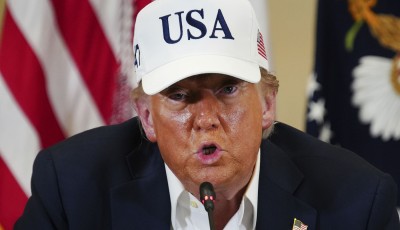
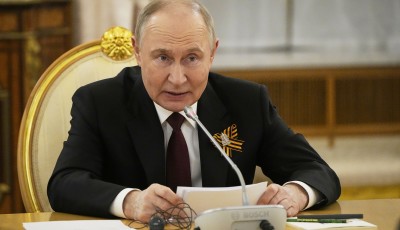
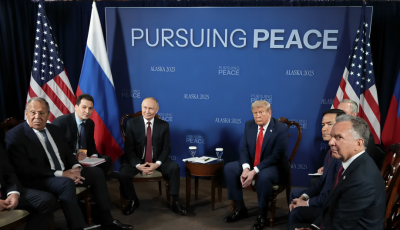
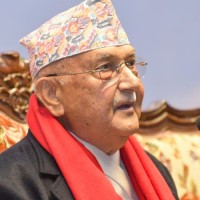
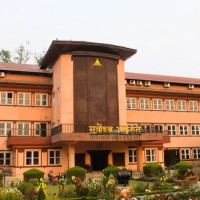
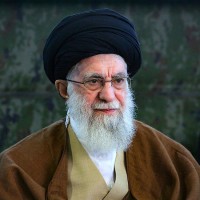
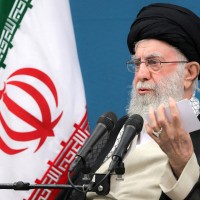



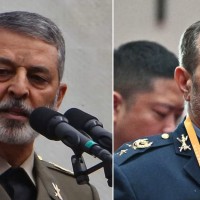
तपाईको प्रतिक्रिया दिनुहोस